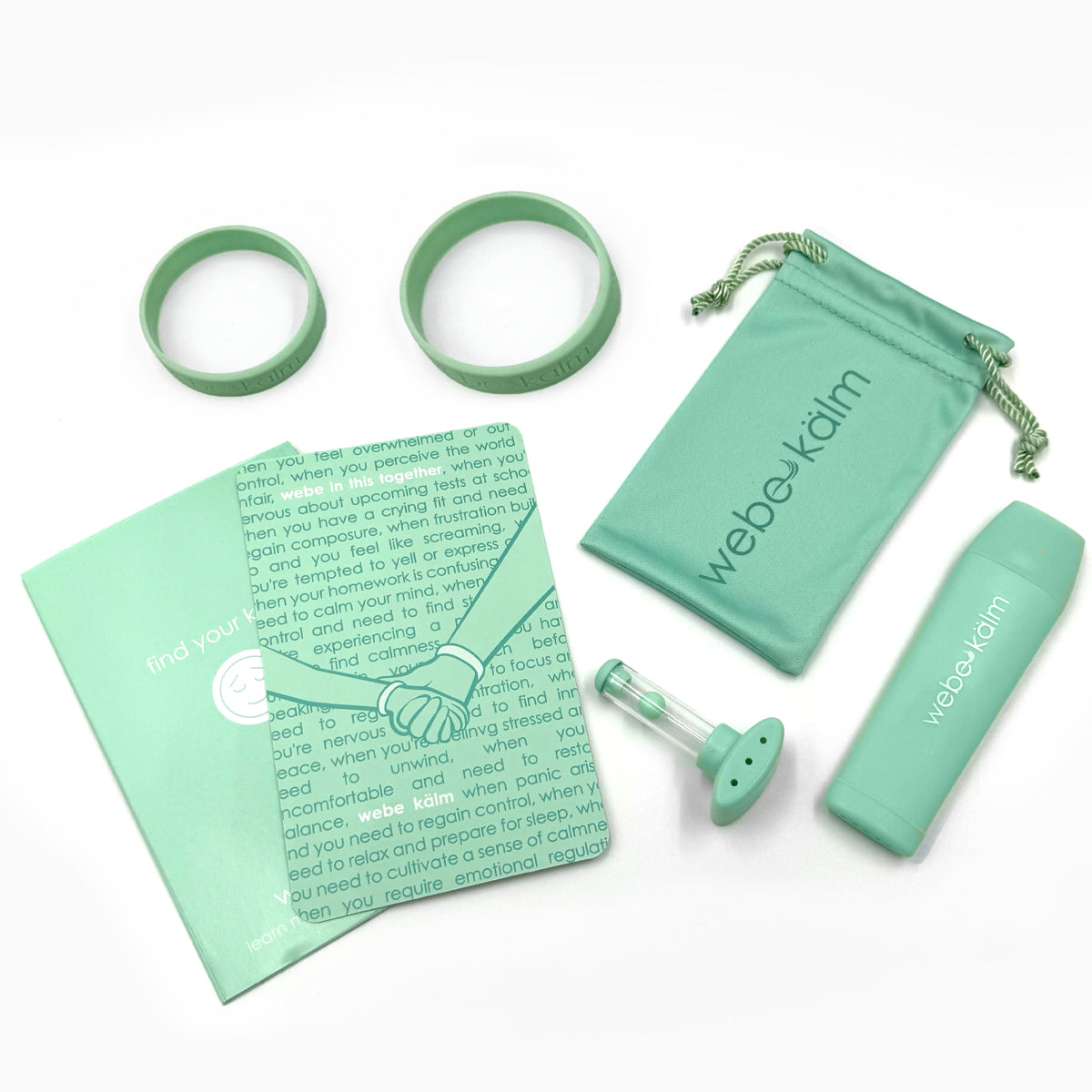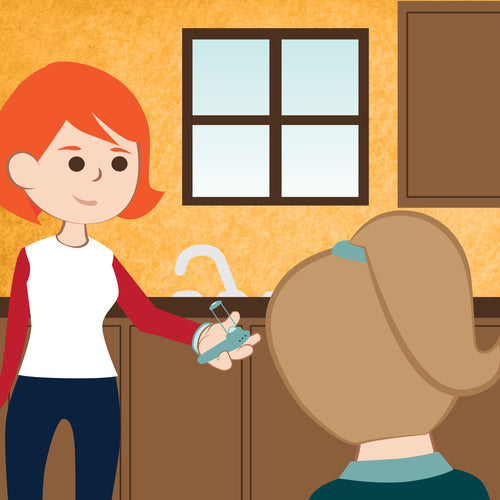How do I get my teenager to engage with conversation when they avoid all attempts to. It literally is me trying to start a conversation, asking how her day was, what was something fun they did in school. Literally barely any response, rolled eyes, sarcastic remarks. Almost daily. She talks freely with her peers.
Jenna M: daughter 15
Dear Jenna,
I can imagine how challenging this situation must be for you, wanting to connect with your teenager and not getting the response you desire. You might be feeling frustrated and concerned wondering if everything with her is okay. Maybe even angry and hurt when you see her rolling her eyes at you and then talking freely with her peers?
The teenage years are a tricky time as your child explores their need for autonomy and identity - who they are in the world separate from you. Even in connected relationships, this time can be turbulent as there are a lot of pushes (leave me alone, I got this) and pulls (you are my parent, I need you). And if there already exists a disconnected relationship then it is during these teenage years that children, who suddenly feel older and more empowered, are primed to rebel.
As a result, building connection (or re-connection) with teenagers can take time and requires patience. At the forefront of fostering that connection is trust. Your daughter needs to trust that your desire is to truly connect with her rather than correct, criticize, question, analyze or try to fix her. Maybe that is how you start the conversation? Alternately you can begin by taking care of your own needs for consideration, care, and respect by sharing vulnerably how her behavior is impacting you.
Starting with the first option, you can try something along the lines of, “I care so much about you and would love to know how you are doing and what is happening in your life. Would you be willing to share if I just listen without offering advice, criticism, or judgment?” If your daughter still refuses to open up, I suggest honoring her choice yet following up with, “We don’t have to talk right now but I want you to know that I love you and am here for you whenever you are ready.” This is a more challenging response but will go a long way to build trust with your daughter that she has choice and that she matters.
If you prefer option number two, you can try something like, “When I see your eyes roll as I try and talk to you, I feel hurt thinking that you don’t care to connect with me. Even more, I get worried about whether you are okay. I really want us to be able to communicate. I love and care about you so much and I want to know how you are doing and feeling. I get that in the past I may have jumped in to comment, criticize, question or advise you but I want to change that and instead just listen to what you have to say. Would you be willing to give that a try?”
It may take some time for your daughter to trust your desire for connection and come around to sharing with you. Making space for that with love and patience will deepen that trust and ultimately your relationship.
From one parent doing the best they can to another, webe in this together!
Best wishes,
webe












Leave a comment
All comments are moderated before being published.
This site is protected by hCaptcha and the hCaptcha Privacy Policy and Terms of Service apply.